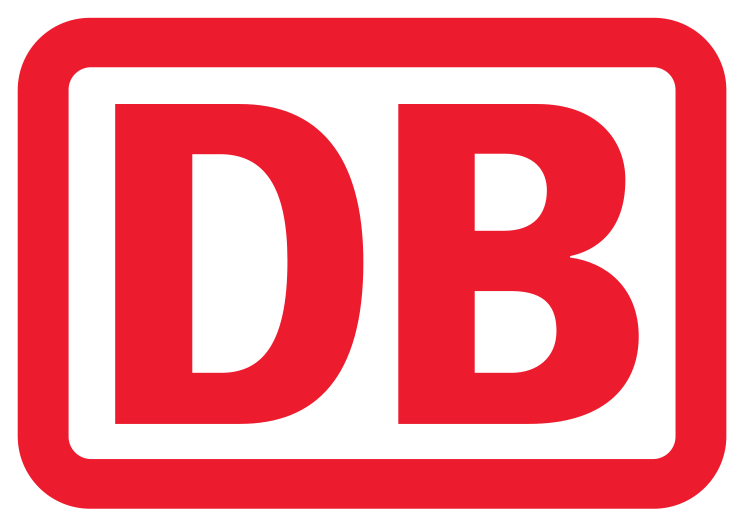Non-profit and donation law
Guidelines for non-profit organizations

Contents
Current legal changes (non-profit reform)
- Information on current (upcoming) legal changes by the legislature.
Non-profit statutory purposes
- Definition, cases of doubt and opening clause.
Requirements for implementation
- Selflessness, exclusivity, directness (auxiliary person, "holding company" and funding bodies).
Statutory requirements
- Implementation of the statutory model articles of association in association statutes, foundation constitution and articles of association - exceptions and typical problem areas.
Taxable business operations
- Practical cases for differentiation from tax-exempt asset management, e.g. in the case of letting, pro rata allocation of overheads in the determination of profits, possibilities for flat-rate profit allocation, risk to non-profit status through losses or the business itself ("risk of imprinting"?) as well as requirements of the e-balance sheet.
Special purpose entities
- Requirements for the various "catalog special-purpose enterprises" and for special-purpose enterprises pursuant to Section 65 of the German Fiscal Code (AO).
Pitfalls of sales tax law
- Requirements for tax exemptions and reduced VAT rate, pro rata input tax deduction from overhead costs, requirements for a consolidated tax group.
Property tax
- Relevant property tax exemptions for non-profit corporations.
- Notification obligations in the event of changed circumstances.
Donations, sponsoring and fundraising
- Differentiation between tax-exempt donations and taxable sponsoring (advertising), e.g. differentiation between "acknowledgement" and "special emphasis", requirements of a donation, sponsoring decrees of the tax authorities, admissibility of small considerations, risk of donation liability, documentation requirements, e.g. for donations in kind, "crowdfunding".
Use of funds and creation of reserves
- Principle of timely use of funds, permissible scope of administrative costs, use of funds by passing them on (promotion) and endowment, possibilities for building up reserves and assets, proof of use of funds for domestic and foreign activities, requirements for an account of the use of funds.
Problem area: spin-offs, "groups" and cooperations
- Transfer of assets and services to subsidiaries, admissibility of the use of funds for capitalization, income tax, VAT and non-profit law pitfalls (including risks due to allocations, splitting of operations, lack of immediacy at the holding company).
News from national and European case law
News from the financial administration
Learning environment
In your online learning environment, you will find useful information, downloads and extra services for this training course once you have registered.
Your benefit
In this training , you will learn from practical case studies,
- which regulations must be observed in accordance with charity and donation law,
- what changes are pending as a result of current case law,
- the tax burden and risks to non-profit status arising from commercial activities,
- how to distinguish between donations and sponsoring,
- how the maximum amount of reserves is determined and
- the consequences of the loss of non-profit status.
Methods
Lecture with workshop character, practical case studies.
Recommended for
employees of non-profit organizations, corporations and institutions who are responsible for compliance with tax requirements - in particular non-profit and donation law.
7487
Start dates and details

Thursday, 19.03.2026
09:00 am - 5:00 pm

Tuesday, 05.05.2026
09:00 am - 5:00 pm

Thursday, 09.07.2026
09:00 am - 5:00 pm
Monday, 21.09.2026
09:00 am - 5:00 pm
- one joint lunch per full seminar day,
- Catering during breaks and
- extensive working documents.

Friday, 20.11.2026
09:00 am - 5:00 pm
Wednesday, 27.01.2027
09:00 am - 5:00 pm
- one joint lunch per full seminar day,
- Catering during breaks and
- extensive working documents.

Friday, 26.02.2027
09:00 am - 5:00 pm
- one joint lunch per full seminar day,
- Catering during breaks and
- extensive working documents.
 4.6
4.6








